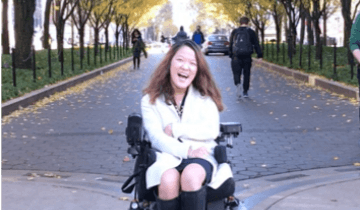Adults with Cerebral Palsy have unique care needs related to physiological changes that occurred with growth and development with Cerebral Palsy, including mental health, yet experience many barriers to proper care.
The Cerebral Palsy Foundation has created a checklist to help guide you in living the healthiest life possible. This checklist has been created for adults with cerebral palsy to provide basic guidance surrounding routine and additional screenings that should occur as part of your primary and preventive care.
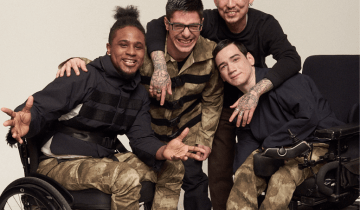
Though the initial insult or injury to the brain that causes cerebral palsy is non-progressive, aging with cerebral palsy and lack of physical activity during critical periods of development can impact biologic and metabolic function for adults with cerebral palsy.
Our educational series continues with this virtual event featuring a multi-disciplinary panel discussion on spasticity management and related issues for adults with Cerebral Palsy!
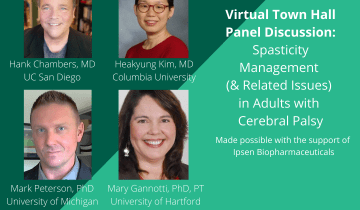
CPF Executive Director Rachel Byrne and Lily Collison with Kara Buckley and individuals from the book Pure Grit, talk about what it takes to be successful with a disability.

CPF Executive Director Rachel Byrne and Peter Trojic, professional dancer with the Heidi Latski dance Company in New York City, discuss dance and disability.
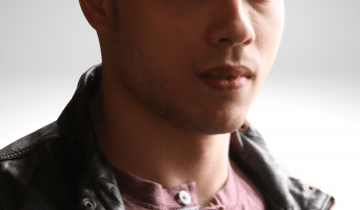
I’m at that age when Facebook friends begin to get engaged and married, and shortly after, have children. So, I feel the pressure to proceed onto the next stage of my adulthood. But, as anyone with cerebral palsy knows, everything in life is a tad more complicated with this disability.
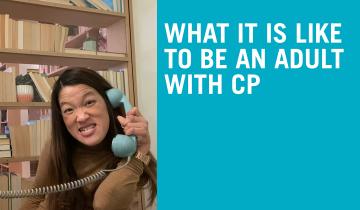
Although the brain injury that causes cerebral palsy is nonprogressive, adults with CP can experience a variety of symptoms as they age which often depend on the type of CP they have, as well as the level.
